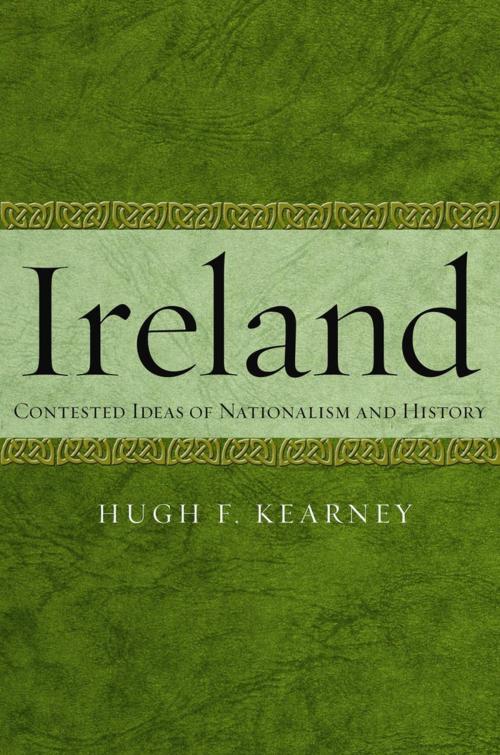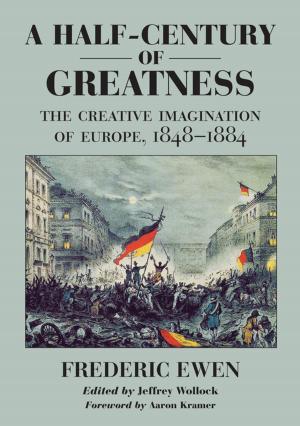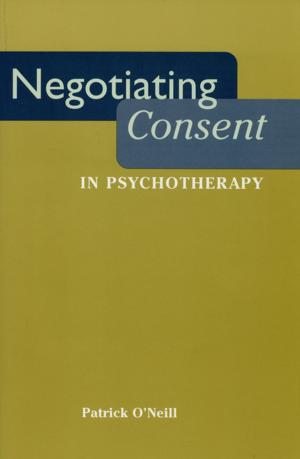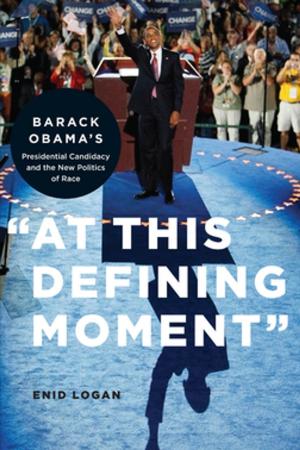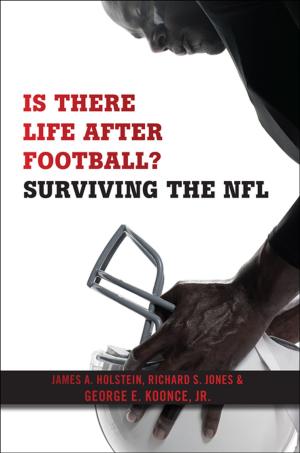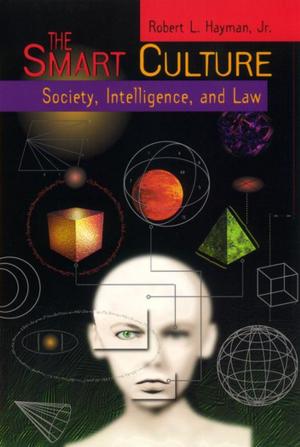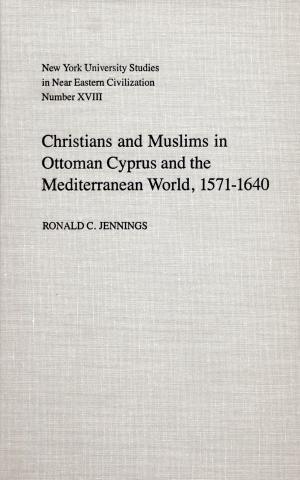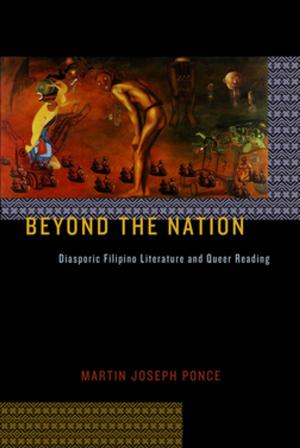| Author: | Hugh F. Kearney | ISBN: | 9780814749302 |
| Publisher: | NYU Press | Publication: | April 1, 2007 |
| Imprint: | NYU Press | Language: | English |
| Author: | Hugh F. Kearney |
| ISBN: | 9780814749302 |
| Publisher: | NYU Press |
| Publication: | April 1, 2007 |
| Imprint: | NYU Press |
| Language: | English |
What is the Irish nation? Who is included in it? Are its borders delimited by religion, ethnicity, language, or civic commitment? And how should we teach its history? These and other questions are carefully considered by distinguished historian Hugh F. Kearney in Ireland: Contested Ideas of Nationalism and History.
The insightful essays collected here all circle around Ireland, with the first section attending to questions of nationalism and the second addressing pivotal moments in the history and historiography of the isle. Kearney contends that Ireland represents a striking example of the power of nationalism, which, while unique in many ways, provides an illuminating case study for students of the modern world. He goes on to elaborate his revisionist “four nations” approach to Irish history.
In the book, Kearney recounts his own development in the field and the key personalities, departments, and movements he encountered along the way. It is a unique portrait not only of a humane and sensitive historian, but of the historical profession (and the practice of history) in Britain, Ireland, and the United States from the 1940s to the late 20th century-at once public intellectual history and fascinating personal memoir.
What is the Irish nation? Who is included in it? Are its borders delimited by religion, ethnicity, language, or civic commitment? And how should we teach its history? These and other questions are carefully considered by distinguished historian Hugh F. Kearney in Ireland: Contested Ideas of Nationalism and History.
The insightful essays collected here all circle around Ireland, with the first section attending to questions of nationalism and the second addressing pivotal moments in the history and historiography of the isle. Kearney contends that Ireland represents a striking example of the power of nationalism, which, while unique in many ways, provides an illuminating case study for students of the modern world. He goes on to elaborate his revisionist “four nations” approach to Irish history.
In the book, Kearney recounts his own development in the field and the key personalities, departments, and movements he encountered along the way. It is a unique portrait not only of a humane and sensitive historian, but of the historical profession (and the practice of history) in Britain, Ireland, and the United States from the 1940s to the late 20th century-at once public intellectual history and fascinating personal memoir.
